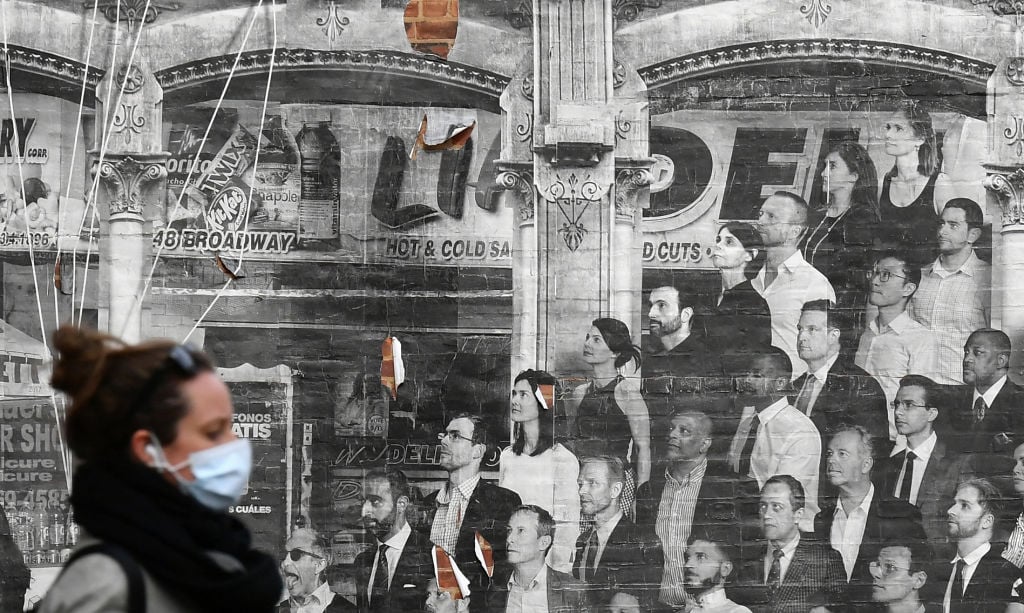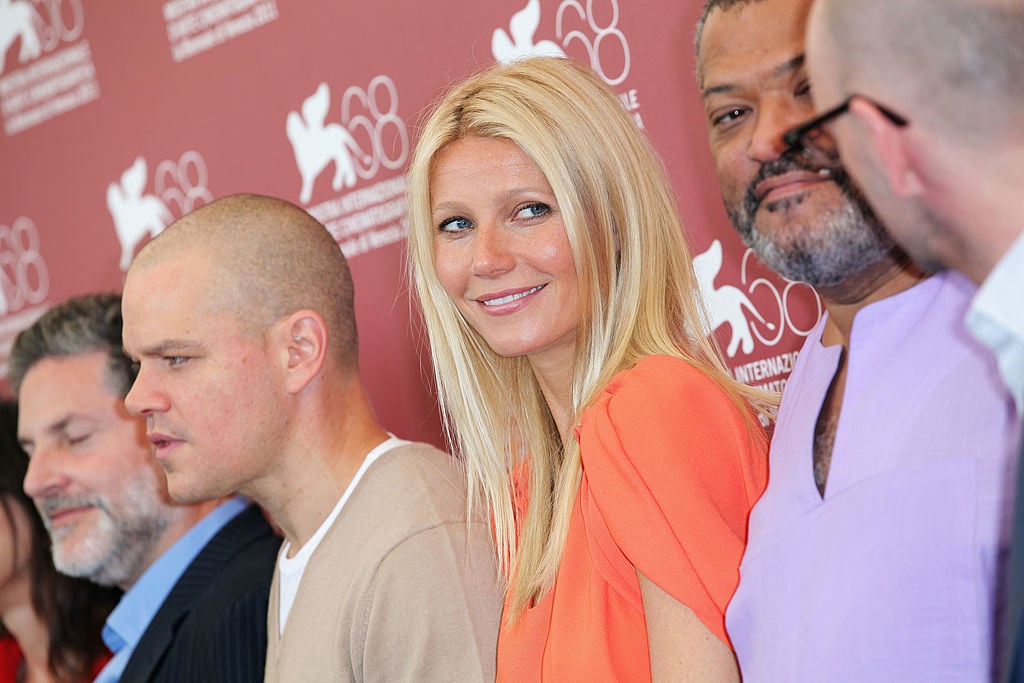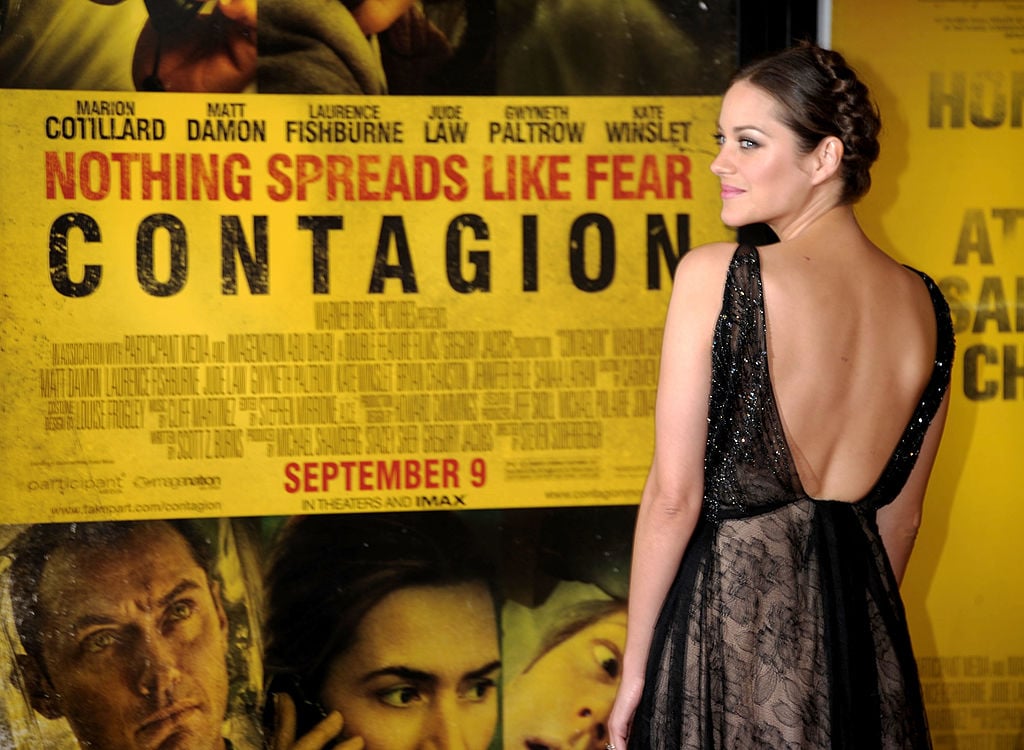What ‘Contagion’ Medical Advisers Missed About Pandemics in the 2011 Movie
The movie Contagion, which was released in theaters in 2011, has had a resurge in interest recently. As the coronavirus pandemic drags on, it seems to provoke more questions than answers–and Contagion portrays an oddly similar situation to our current one, albeit cinematically. The creators behind the film, director Steven Soderbergh and screenwriter Scott Z. Burns, employed extensive research on pandemics. They knew that this was coming–but missed other things about the reality of a global outbreak.
‘Contagion’ expert didn’t want another ‘Outbreak’ siutation

The team behind 2011 pandemic thriller Contagion had their research efforts figured out.
The work was overseen by Columbia University’s Center for Infection and Immunity Ian Lipkin, and incorporated input from more than a dozen scientists, emergency room doctors, bio-safety experts and epidemiologists. The film is by no means flawlessly accurate, but it’s far more true to life than most.
In light of the 2020 coronavirus pandemic, CNBC interviewed a few of the scientific advisors that worked on Contagion.
Dr. Mark Smolinski, now president of Ending Pandemics, initially hesitated to join the Contagion team. He didn’t entirely trust Hollywood to get it right after Outbreak, the 1995 film starring Dustin Hoffman.
“The science was awful,” Smolinski said of Outbreak. “They basically created a vaccine overnight.”
2011 pandemic movie vs. the 2020 coronavirus pandemic
But the doctor says Contagion was different.
As CNBC reported:

Smolinski said that he and a group of fellow infectious disease experts were encouraged to pore over the script ‘line by line’ and point out any flaws. He’s now seen the film more than 100 times — he often uses it as a teaching tool — and he’s still proud of its attention to detail.
Contagion also made a point of showing the government “limiting citizens’ rights to curb the spread of the disease.”
“After the vaccine goes into production, some Americans are given a wrist band to show they’ve received one, and can move about freely, mirroring approaches being considered today,” the publication continued.
‘Contagion’ scientific adviser on the COVID-19 outbreak
But the experts on Contagion couldn’t have predicted everything that the coronavirus pandemic would bring to light. For example, when Smolinski saw “videos of spring break vacationers gallivanting on beaches and ignoring the shelter-in-place guidelines, it struck him that the film could have done more to educate younger populations.”

“We need to get public health messaging to millennials,” he told CNBC. The adviser is also still surprised that the U.S. is low on supplies for medical workers.
“There’s always been an issue with preparedness,” Smolinski said. “It takes money, and people don’t want to set that aside for things that are just sitting around.”
He hoped that the coronavirus pandemic would be a “wake up call.” In a world that gets smaller and smaller, it gets easier or viruses like COVID-19 to spread.
“We have been asking for more than 35 years for help,” Smolinski told CNBC. “So I hope the next ten years are different.”


